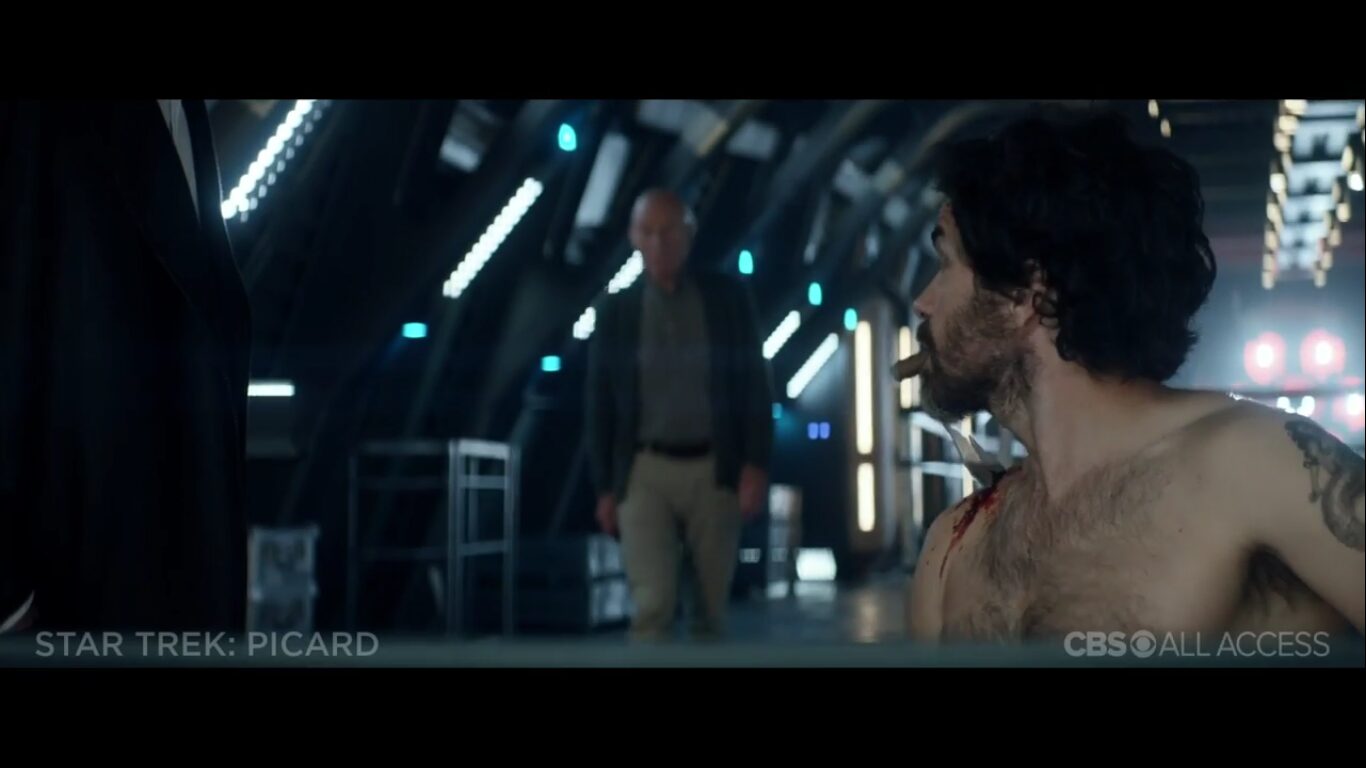The strongest feeling after Game of Thrones‘ sixth-season premiere, “The Red Woman,” is one of relief. Relief that the show is still able to check in on most of its characters without the episode feeling rushed or scattershot. “The Red Woman” was a solid hour of television; it answered some lingering questions and even asked a few more.
For starters: is Jon Snow really dead? It certainly looks that way. He spends the entirety of the episode on a table surrounded by Davos and the few Night’s Watch brothers still loyal to him. Because this is Game of Thrones, little is made explicit, but a case can certainly be made for Jon’s permanent demise. However, there’s the question of Melisandre, who lends her nickname to the episode’s title. Davos mentions her pointedly, telling the brothers that they haven’t seen what he has.
And that’s true – of all the religions shown on GoT, that of Melisandre has been proven to be the most effective, for lack of a better term. We’ve seen people brought back to life through the power of the Red God, and there doesn’t seem to be a limit on that. Thoros of Myr brought Beric Dondarrion back to life six times, so who’s to stop Melisandre from performing one measly little resurrection? The show has emphasized her connection to Jon ever since her arrival to Castle Black last season, and she said herself that she returned because she saw Jon in one of her visions. File this under “answered, but not really.”
(Side note: Liam Cunningham’s performance as Davos remains one of the best on the show. He balances paternalism with loyalty, and an unshakable sense of right and wrong. Plus, Cunningham has some of the best comedic timing of the whole cast; his request for some mutton was one of “The Red Woman”‘s only moments of levity.)
Some more course-correction: Dorne. It’s no secret that last season’s Dorne subplot – especially the Sand Snakes – was one of the season’s biggest letdowns. But Ellaria Sand’s rebellion against Prince Doran Martell is a very pleasant surprise, and shows that David Benioff and D.B Weiss actually listen to criticism and aren’t content to rest on their laurels. The double murder of Areo Hotah and Doran, at the hands of Tyene and Ellaria, was one of the most shocking moments of the show (the other we’ll get to in a bit). The murder of Tristane Martell is impressively brutal and unsentimental; granted, the moment would land better if we’d seen more of Tristane beyond him making googly eyes at Myrcella for one episode, but the murder does more work to establish the Sand Snakes (Obara and Nymeria in this scene) than the whole of season five.
The rest of “The Red Woman” wasn’t quite as impactful as the scenes on the Wall and in Dorne, but it never slowed down. Tyrion and Varys start to grasp just how far the Sons of the Harpy are willing to go to oust Daenerys, which promises to add some much-needed momentum to a stagnant storyline. Arya: still blind, and occasionally getting the shit kicked out of her by the Waif (props to Maisie Williams for wearing contacts that effectively render her blind while she shoots these scenes).
Let’s talk about that ending. It was a creepy, gorgeous reveal as Melisandre disrobed, removed her amulet, and showed herself to be a wizened old woman. It might have violated continuity, but it gave us fascinating insight into what might be Game of Thrones‘ most mysterious character. Best of all, it made me very, very excited for the rest of the season.
A Few Thoughts
- Oh man, I didn’t even get to my favorite part of the episode, Brienne’s rescue of Sansa. What looked to be her recapture at the hands of the Boltons turned into a thrilling, moving union. And honestly it’s just nice to see Brienne get a win for once.
- Yeah, it sucks that Dany is a captive of Khal Moro, but at least rape is off the table, and we finally get to see Vaes Dothrak, after hearing about it as early as season one.





